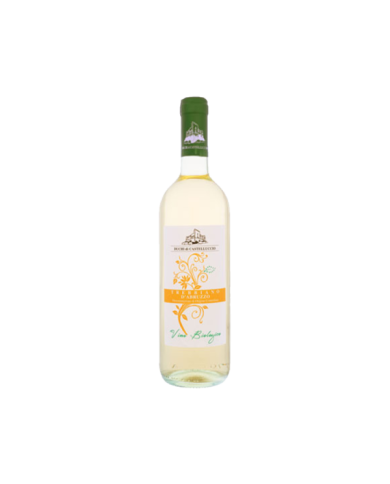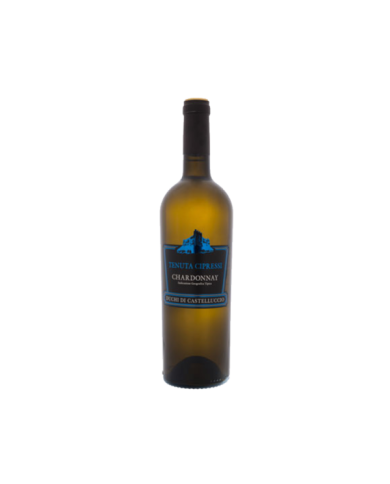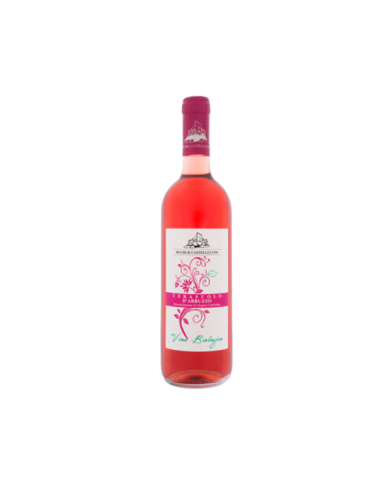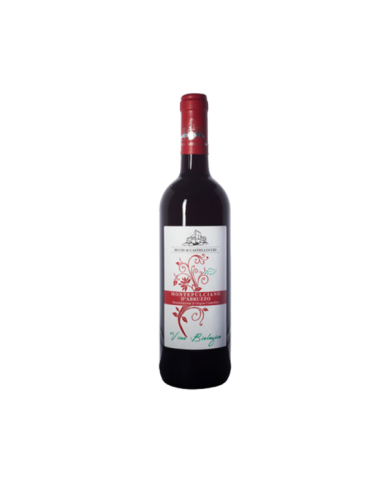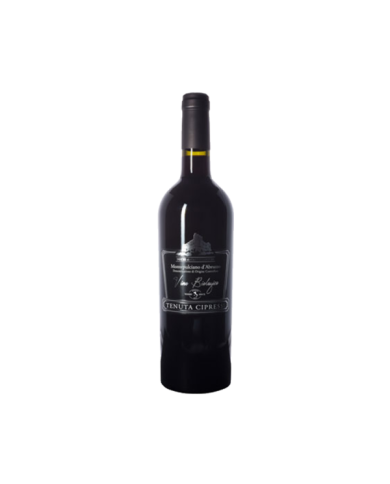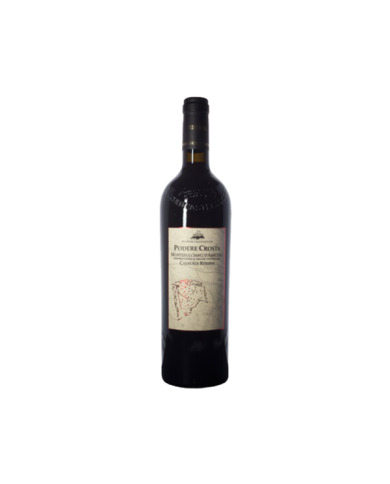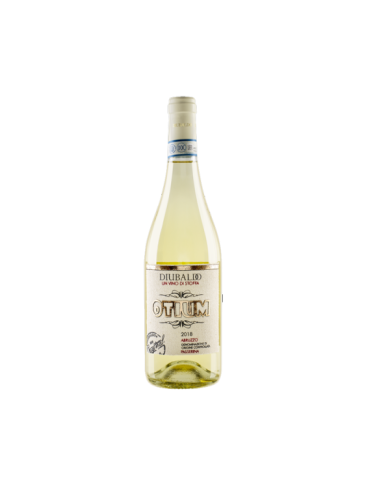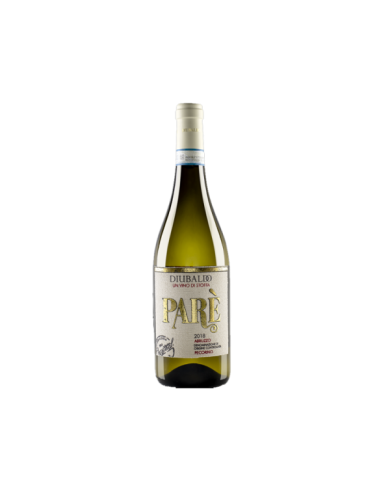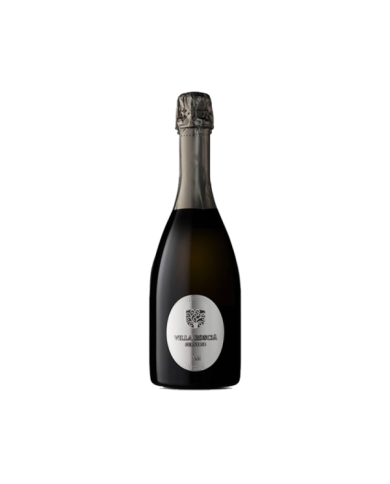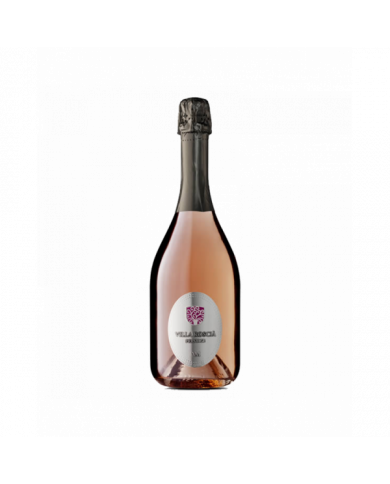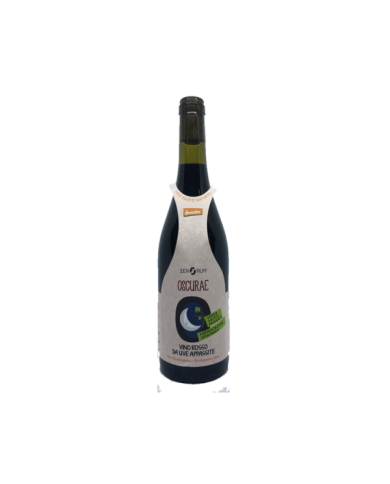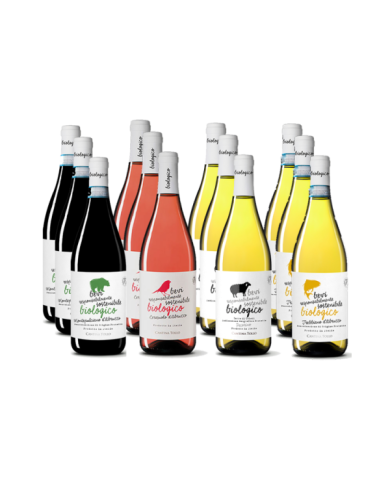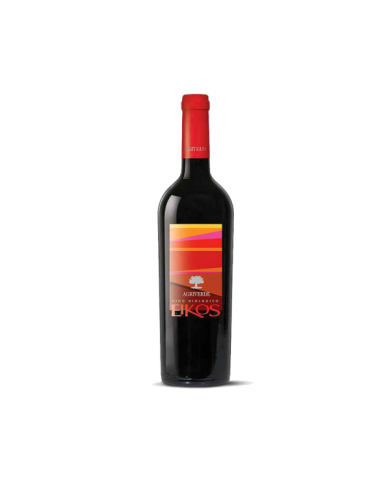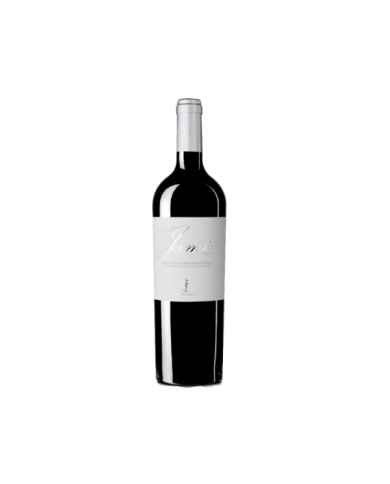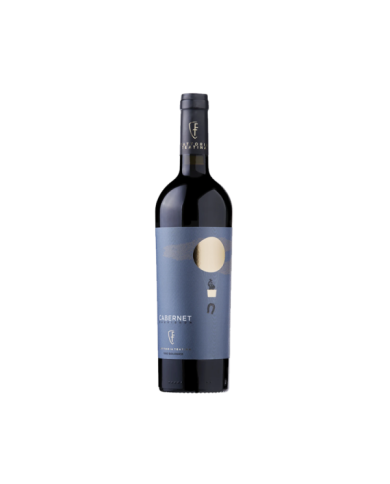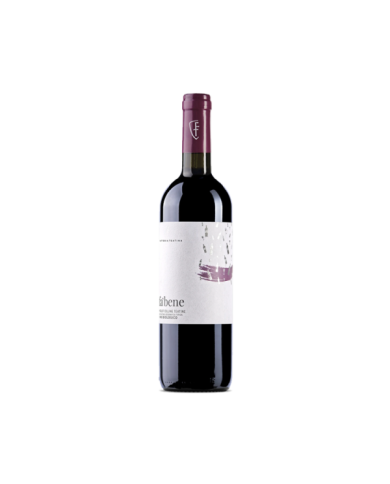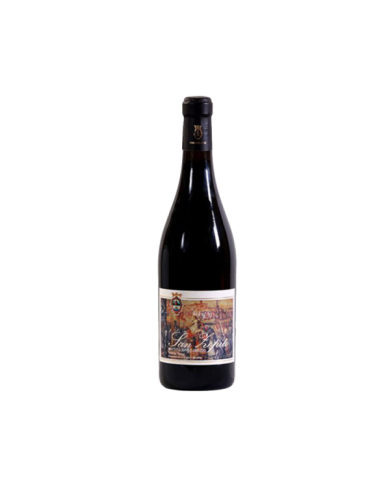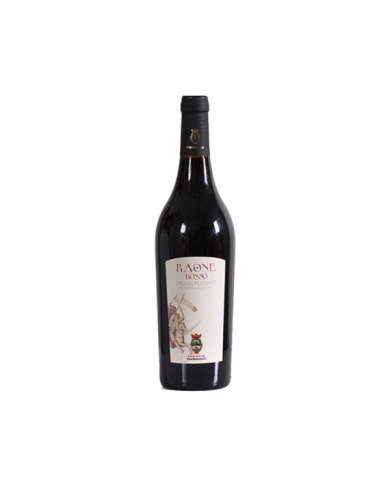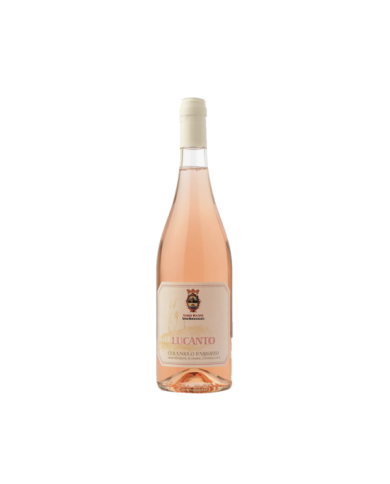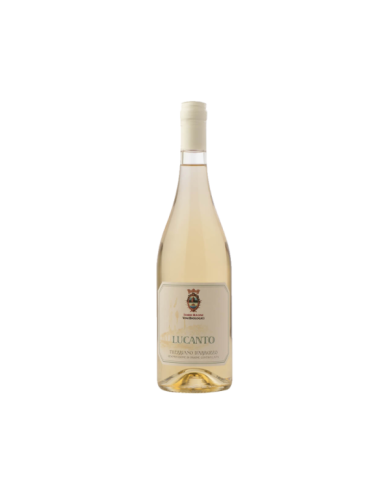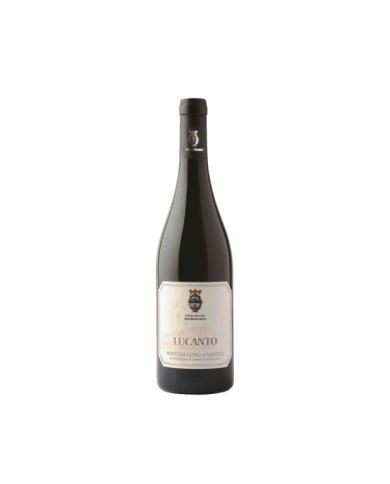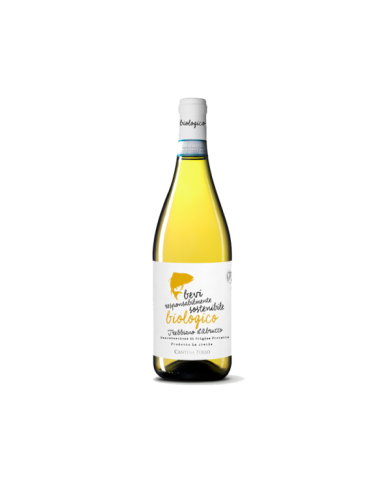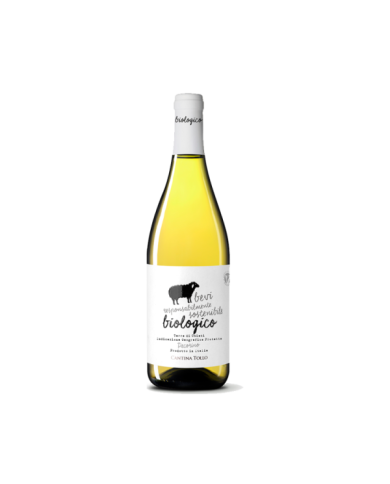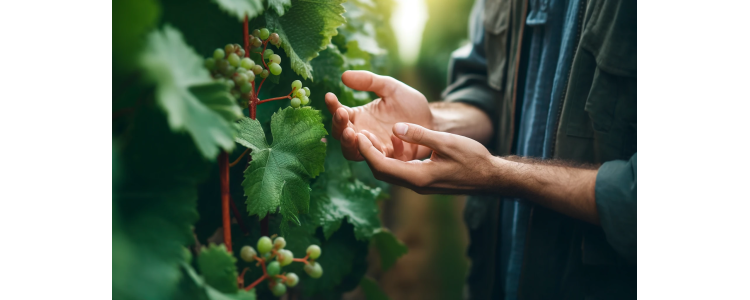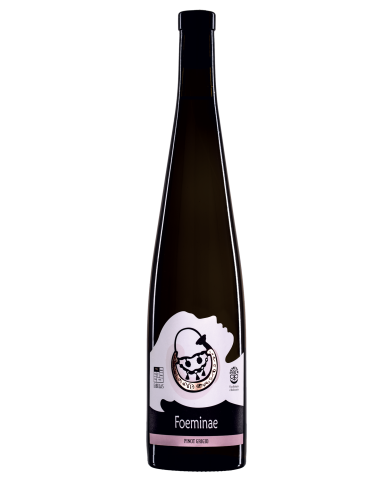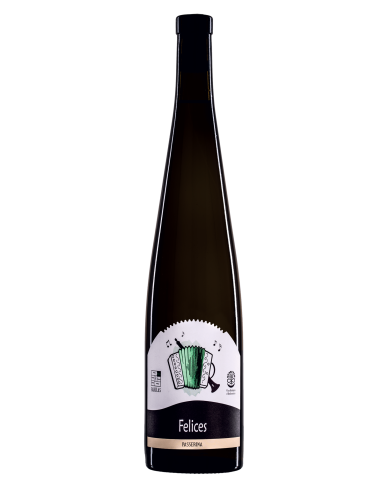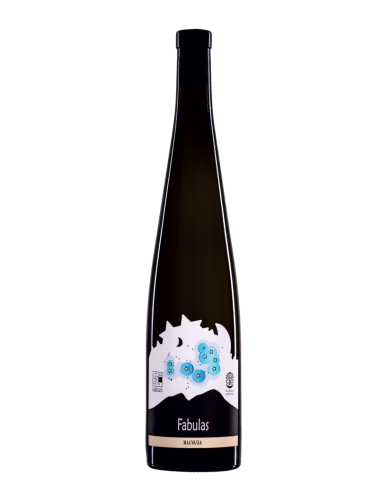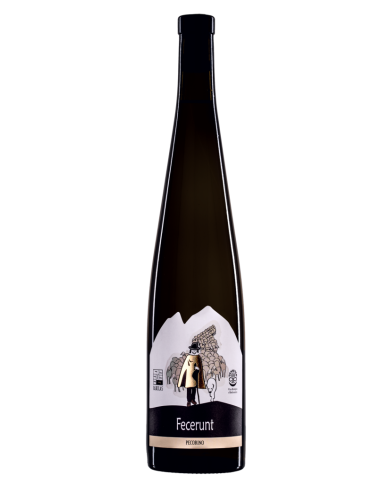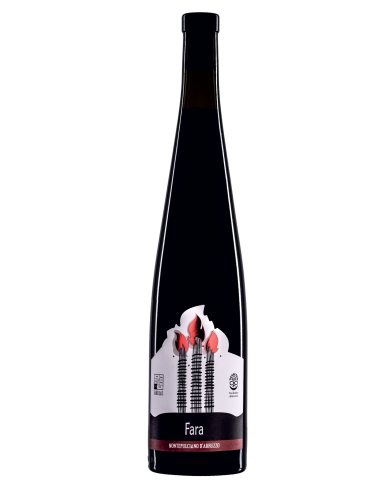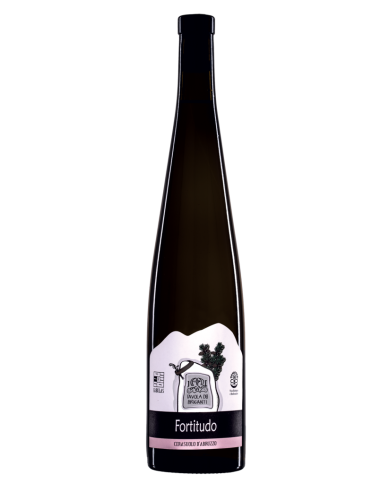Tenuta Cipressi Montepulciano d'Abruzzo DOC 2014 Organic Wine - Duchi di Castelluccio .
Pecorino cheese. Its name remains a mystery today, the most accredited hypothesis is the one that binds it to the transhumant sheep farming typical of Abruzzo. Today cultivated at lower altitudes than the much higher ones of historical crops, the vine, with vinification in maceration, expresses great values, for all the senses. It is certainly one of the most important whites in Italy.
A concentrated ruby red leaves room for an intense hint of plums and small red fruits, on all blackberries and raspberries. To the taste there is full correspondence in the aromas with an excellent intense, savory and full-bodied finesse.
Intense ruby red with purple hues. The nose reveals intriguing varietal aromas of small black fruits, violets, licorice, vanilla and cocoa. In the mouth it is fresh and has an excellent structure with soft tannins and long persistence. Food pairings: cured meats, first courses of land, roast meats, game, aged cheeses.
Deep garnet red color, intense and consistent in the glass. Wild black cherry, plums, blackberries and ripe currants: the nose opens on clear fruity notes, and then also perceives floral nuances of violet, as well as clear tertiary references of vanilla, chocolate, cinnamon, pepper and licorice. Balsamic nuances and officinal herbs complete the olfactory picture. The tannins on the palate are sculpted with chisel, the sip is warm and soft, with excellent persistence.
It goes very well with red meat. Try it with the tagliata with balsamic vinegar.
Deep garnet red color, intense and consistent in the glass. Wild black cherry, plums, blackberries and ripe currants: the nose opens on clear fruity notes, and then also perceives floral nuances of violet, as well as clear tertiary references of vanilla, chocolate, cinnamon, pepper and licorice. Balsamic nuances and officinal herbs complete the olfactory picture. The tannins are sculpted with chisel on the palate, the sip is warm and soft, with excellent persistence.
It goes very well with red meat. Try it with the tagliata with balsamic vinegar.
Dress the glass in a beautiful ruby red. The nose first reveals memories of black cherries, plums and black currant, then completed by spicy, herbaceous and medicinal herbs nuances. Warm and soft the sip, rightly tannic and slightly savory, characterized by a finish that recalls licorice and black pepper.
To be paired with meat dishes, it is excellent with roast lamb chops.
Between the rose petal and the onion skin the color, bright and with orange reflections to the eye. On the nose the initial floral notes are followed by clear memories of strawberry and pomegranate. The mouth traces the same footsteps of smell, also recalling the yellow plum and mango. Good balance, long persistence and pleasantly savory closure.
Versatile and eclectic, it is perfect with the schiacciata with cheese with raw ham.
Straw yellow color to the eye. Intense olfactory bouquet, characterized above all by fruity references of apricot, green apple, pineapple and banana, complemented by citrus nuances and almond tones. Full-bodied in tasting, balanced and savory, with good persistence.
Extremely versatile in food pairings, it is worth trying to accompany trenette with pesto.
Intense ruby red with which it presents itself to the eye. The nose is pleasantly fruity, with flavors of blackberry, black cherry, raspberry, plum and blueberry which are added with subtle floral nuances of violet. The mouth is soft and warm, balanced and consistent with the nose, rightly tannic and of good length.
To be combined with second courses based on meat, it is excellent with grilled veal ribs.
It is the most famous white grape variety in Abruzzo and a choice, that of Cantina Tollo , to give it a version from 100% organic grapes, grown in the vineyards located on the hills of the province of Chieti. The Trebbiano harvest is carried out starting from the second half of September followed by crushing and destemming and a cold maceration, to extract as much as possible the aromatic components of the vine, known for not being among the most fragrant. And it is precisely the respect for the raw material, at Cantina Tollo , that makes the difference, culminating in the refinement in stainless steel in order not to cover or alter in any way the very essence of Trebbiano, a wine that has always made simplicity its force.
Company : Cantina Tollo region : Abruzzo (Italy) Name : Terre di Chieti IGT (PGI) Vegan Type : white, dry, still Variety : Pecorino 100% Alcoholic content : 13% Year : 2020 Format: 750 ml
Taste the Authenticity of Natural Wines!
Natural wines are an increasingly popular choice among consumers, offering a unique and authentic taste experience. If you're looking to learn more about natural wines and how to try them, you've come to the right place. In this article we will look at what natural wines are, how they are made, and how they can best be savored.
What is a Natural Wine?
A natural wine is a wine produced without the use of additives, pesticides or other chemicals. Natural wines are produced only with grapes, water and yeast, and are produced in a way that best preserves the natural taste of the grape. They are also generally produced in small quantities which means that each bottle of natural wine is unique and offers a unique tasting experience.
How Are Natural Wines Made?
Natural wines are produced using grapes, water and yeast. The production process is very different from that used to produce conventional wines. The first thing to know is that natural winemakers do not use additives, pesticides or other chemicals. Instead, they try to work with the grape in order to best preserve its natural flavor, carefully choosing the plants and carefully tending the vines.
Once the grapes have been harvested, they are macerated for 12-14 days at a controlled temperature. This leads to a greater extraction of aromas and flavors which give the wine its rich complexity. The wine is then fermented in wooden barrels or concrete vats. This fermentation process is slow and can last from two to six months. Fermentation in wooden barrels gives the wine added complexity, while fermentation in concrete vats gives the wine greater freshness.
How to Taste a Natural Wine?
Savoring a natural wine is a unique experience that offers a rich complexity of aromas and flavours. To better enjoy a natural wine, it is important to prepare the glass properly. The glass should be rinsed with warm water and dried with a soft cloth to remove any chemical residue. Therefore, the glass should be filled up to half with wine to get a good oxygenation.
Once ready, take a sip of the wine and savor it slowly. Savor the color, aroma, taste and texture of the wine. Try to get all the aromas and flavors of grapes, like fruit, grass, hay, chocolate and so on. Also taste the complexity of the wine, feeling how the aromas and flavors evolve over time.
Conclusion
Natural wines are a great choice for those looking for an authentic and unique tasting experience. They are produced without the use of additives, pesticides or other chemicals, and are produced in a way that best preserves the natural taste of the grape. As we have seen, natural wines are produced with grapes, water and yeast, and are fermented slowly. To best enjoy a natural wine, it is important to prepare the glass properly and taste slowly, trying to capture all the aromas and flavours, and savoring the complexity of the wine. If you are looking for an authentic and unique tasting experience, try a natural wine!

